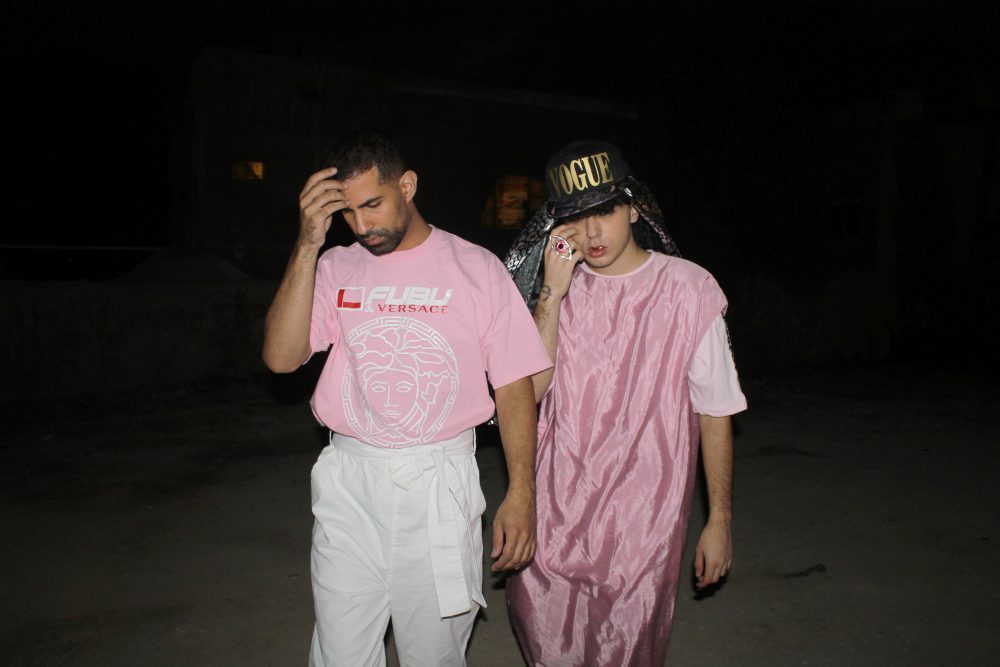
Design
Shukri Lawrence -The Wifi Rider- in conversation with Khalid Abdel-Hadi -founder of MyKali-
October of last year, we took a moment away from Amman Design Week’s busy schedule to meet with Khaled Abdel-Hadi and Shukri Lawrence. Ok, let’s break it down. Shukri, known as Wifirider online, is a designer, music video director, an artist in general, who mixes modern-day pop culture and Internet culture with Arabic culture in his work. Now Khaled is the founder and creative director of MyKali Magazine, an online conceptual MENA webzine covering issues of gender, alt-communities and arts.
We were soon joined by designer and stylist Fadi Zumot and his selection of candylicious accessories, sweet pink tees and sweatpants, bling rings and retro-futuristic sunglasses who were all carefully picked for our collaborative photo-shoot. As per me, I decided to hold back on a journalistic point of view and rather asked Shukri and Khaled to interview each other to get their insights on Arab pop-culture, the Internet and what is being politically correct.
Show devant.
Photography/Shukri Lawrence, Khalid Abdel-Hadi, Fadi Zumot, Cynthia Jreige
Styling/Fadi Zumot
Collective Art Direction
K: Hi, esme Khalid Abdel-Hadi, I’m the founder and creative director of MyKali Magazine , I’m a part time visual designer.
S: Hi, my name is Shukri Lawrence, Iím known as Wifirider on the Internet. I do photography, music videos and fashion design.
K: Shukri, I recall our conversation regarding Arab pop culture versus Western pop culture. You mentioned it was absent in your life growing up yet your current works have a very Arabic identity. How do you make up for that and where do you draw inspiration from lately?
S: Looking back on my childhood now, I sort of regret ignoring the Arabic pop culture because a lot of it is different from Western pop culture, so that’s why I now want to represent it through my work. My inspiration comes from a variety of influencers, Arab and Middle-Eastern accounts… Everything around me inspires me; for my music videos it can simply be a street of Amman. How has Western media affected you especially growing up from the Middle-East?
K: Because Western media wasn’t available in Jordan, all of my inspiration came from Arab pop culture. I used to love Nancy Ajram, Noua Zourbe, all of these people. Growing up, it was mostly TV and films, I wasn’t into pop culture before my early teens. I started to become obsessed with music, inspired by the likes of Jessica Simpson, Britney Spears and especially Mandy Moore. I was a very bubbly teen, although not too into heavy metal, that was later in my teens when I was really rebellious. But some TV channels did mix both cultures as well… from Nancy Ajram to Kylie Minogue. Shukri, your work is quite political, do you feel that being “politically correct” is something you’re struggling with? How do you deal with that?
S: Yes definitely, coming for a country with occupation, I am expected to be political but I try my best not to be too involved. Having a Palestinian identity is political in itself, so I do struggle with that. When someone asks about my work, I always have to be aware of its political implications – what happens? what are your thoughts? etc. Sometimes when I don’t know, I would tell them I’m Armenian because I don’t want to cause problems.
K: Oh I see, I see, very smart.
S: Yeah.
K: Awal sou2al, shou sa2aletni awal sou2al? Who did you consider as your idols as you were growing up?
S: One of them was Lady Gaga but it was during my teen days . She was very popular and I was a super fan, but before that, I was inspired by The Pussycat Dolls and Mika.
K: Really? I really love Mika too! It’s insane.
S: Yes, I used to like Madonna but I wasn’t as into her as others. Khalid, does creative work that is considered as provocative in the Arab community excites you or exhausts you?
K: Both. This is really a good question because I get a lot of anxiety in what I do, specifically now as a grown up. I didn’t fully understand the consequences when I was younger, I would wear heels or a swimsuit in the middle of the street. I didn’t study the implications of what its affect and its representation. But now it’s a little bit different, although I still have that rebelliousness and anxiousness. But if I’m not anxious or scared, then it’s not worth doing, I don’t want to do things that are safe all the time, I want to do things that are challenging and controversial. Everything that I do is controversial, the existence of this magazine is controversial and me being out is controversial… I think it’s a mix of both, it excites me but its exhausting because I have to represent my work and at the same time making sure I’m not enforcing stereotypes but challenging them so that people can relate to my work.
S: I relate do that, because people ask me why I didn’t study in Jordan or leish mich Europe, doing a photoshoot in Europe is much easier. So when it’s a struggle, it gives it a lot more meaning, I know how hard it is to get a specific shot and having to hide when people are around. I dealt with all of that, especially in Jerusalem.
K: It’s so funny I felt like people in Jerusalem will be more at ease than those in Jordan. Your work seems to have a spontaneous element to it, do you consider planning a shoot part of your work method? For example, our shoot together seemed very spontaneous as we barely studied the location beforehand.
S: All my work is spontaneous, when I’m going to do a shoot I’m like «yalla let’s shoot together» and I get all my staff together and we decide on the spot. I think it’s similar to taking a selfie, it’s in the moment, you have a feeling that you want to take a selfie now, so when I do a photoshoot, I figure out what I’m going to get out of the shoot right then and there, instead of ‘faking’ it a month, two months beforehand, because your mentality changes. So I think it’s more interesting, it’s capturing the moment.
K: But when you have like makeup, hair, a TV channel coming, a crew coming…
S: Yes definitely, we had a shoot with Candy Kane once and we didn’t have a concept at all, we just had a green screen and a lot of colors so we went super colorful, the makeup was like a kid’s coloring book. We created a concept on the spot, which I don’t think we would’ve thought of if we had planned it beforehand. Have you ever had any LGBT people in your region come out to you because of your magazine? And can you share one?
“We created a platform for these people not just in Jordan but also in Saudi Arabia, Syria, Iraq and all over the Middle-East region. I think my biggest accomplishment is remaining who we are while constantly improving.” Khalid Abdel-Hadi
K: There are a lot of messages that are sent our way. I met a lot of people who said they came out because they felt safer or that things are changing or that the magazine inspired them. But we celebrated the 7 years of the magazine in 2014 by publishing letters sent to us since 2007 – 2008 of these stories; it was really interesting revisiting them. One that really resonated with me, and I’ll never forget that email because I cried when I read it, was that this person, who lives outside the capital, was contemplating suicide because he was really struggling with his identity. He couldn’t relate to anyone and when he came across My.Kali, he said that reading the magazine made him feel safer knowing that there are people like him in Jordan and in the world. I felt so happy for him. I wouldn’t say that we save lives but the visibility is so important. Our work was more superficial in the beginning as I didn’t possess the awareness or the knowledge, but now it’s more intellectual and conceptual.
There was also this cheikh who used to work in the ministry of Awqaf in Jordan and we interviewed him for the magazine, but then on social media someone asked why he decided to come out at the age of 40 and he said «I saw an interview for Khaled about My.Kali and I felt inspired, he is the reason I came out.» I will not say I cried but it was really touching that this cheikh came out, and of course he was fired from the ministry and his family tried to kill him but he left Jordan and now he lives happily in Canada.
S: Are your more Gigi or Bella?
K: Kate Moss for sure.
S: Why?
K: I’m into people who aren’t just a look, but an enigma. She’s able to give you what you want, not in a superficial way, her images leave you to your imagination and that resonated with me. It didn’t inspire me, but I resonated with that because I was photographed a lot at the beginning of My.Kali, and I felt that I disappointed people because people had this preconceived idea of what I looked like, it made me feel reclusive to the way I wanted to present myself or how I wanted to be heard, so I eliminated myself from being heard or visible. But I think I’m more Bella because she talks about being Muslim, or part Muslim from Palestine. She has a melancholic look and a sadness that always resonates with me, because people always tell me I look sad.
So Gigi and Bella are often criticized by the public especially in the MENA region and North Africa claiming they are only using their heritage when they benefit from it, others say their presence in the fashion industry celebrates Middle-Eastern fashion but it’s also cultural appropriation. How do you feel about that being a Palestinian who actually lives between Palestine and Jordan?
S: I don’t think it’s cultural appropriation because their father is Palestinian. It’s part of who they are, it’s their identity but I do believe they don’t really talk about being Palestinians because they’re trying to make mainstream and in doing so, they don’t advertise it, similar to DJ Khaled.
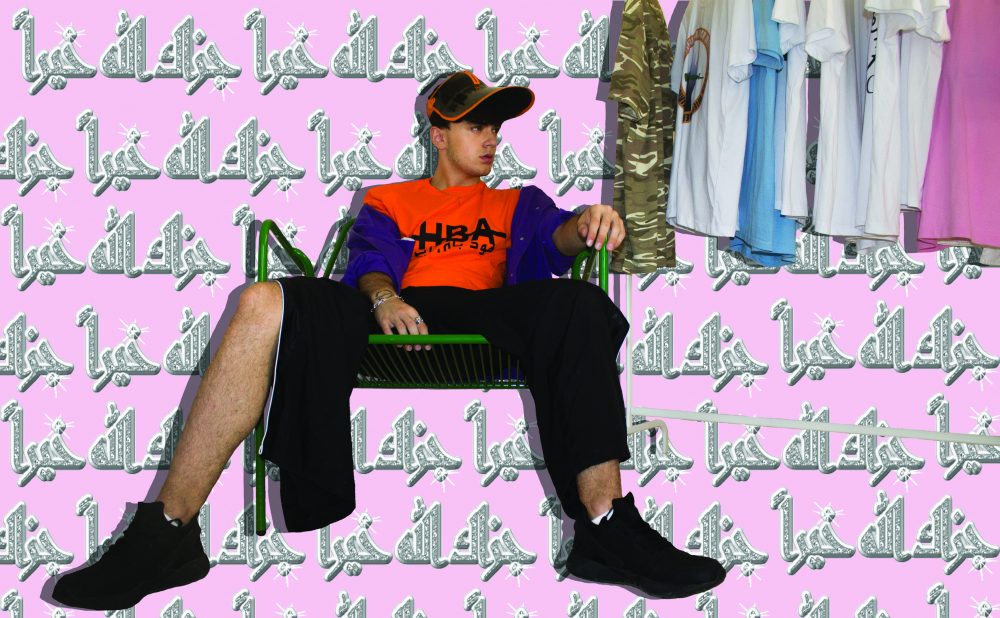
“Having a Palestinian identity is political in itself, so I do struggle with that. When someone asks about my work, I always have to be aware of its political implications – what happens? what are your thoughts? etc. Sometimes when I don’t know, I would tell them I’m Armenian because I don’t want to cause problems.” Shukri Lawrence
K: Where is he from?
S:He’s from a small village in Ramallah. If you didn’t create My.Kali, how different would your life have been today? What would you being doing instead?
K: Such a great question! I think of that all the time. I love publication and I couldn’t write in a local one, so I decided to open My.Kali and then I sort of out it by extremist paper in Jordan while complementing my inner beliefs, culture, halal and haram and Allah likes me and hates me. I refused to be embarrassed and put back in the closet because of these papers and that’s how we started. And because I have a very stubborn personality, I continued with My.Kali till now, 10 years later. I think the most challenging part was dating because I was very exposed while others wanted to be discreet. I was also struggling with coming out to my family and my main goal was fighting for my individuality, orientation and identity. It took time to claim that. I also didn’t want to be seen in certain areas and institutions because people criticized and judged me. The magazine didn’t help these issues, and it made it a bit worse and more complicated. But if I wasn’t doing this, I’d definitely be a professional tennis player, international lawyer or been working at a publication. Ironically, I don’t think I would’ve worked in fashion.
S: Why are you in fashion now?
K: It’s part of our identity. Clothes and styling help with our vision and we create opportunities for people to contribute to the platform. When I’m asked to describe My.Kali I’d say its a mix of Vogue and National Geographic because it’s fashion but we also talk about social issues, family, and feminism.
K: Given the choice of anyone in the world, who do you want as a dinner guest?
S: MIA, because she just such an interesting person, I’d ask her so many questions about how she made it. She’s half British and half Siri Lankan but her dad trained in Palestine and Beirut. One of the reasons I admire her so much is because in her first album she had an airplane that has a Palestine flag all over her cover. What project or accomplishment you consider to be more significant in your career?
K: I think the Jordanian media never talks bout LGBT in a positive way and we sort of force them to do that. They can’t deny the fact the work is professionally done. I think this is one of our biggest accomplishments. Also, publishing in Arabic after 9 years of English. We took a stand to get to this level and to reach a lot of people and to inspire a lot of people. We created a platform for these people not just in Jordan but also in Saudi Arabia, Syria, Iraq and all over the Middle-East region. I think my biggest accomplishment is remaining who we are while constantly improving.
S: The title of the magazine revolves around your coming out story yet the magazine isn’t about you, why did you choose this title?
K: I think that I dedicated the title to a feeling that I was lacking. Growing up, you live with family, so you don’t have privacy, secrecy and individuality. I had a problem with ownership in that I couldn’t own anything. If I had a magazine it was confiscated. So that’s why I called the magazine My.Kali because I wanted to own one thing that no one can touch and Kali is short for Khalid, my friends call me Kali and Khalid in Arabic means immortality, I wanted people to somehow say My Immortality. So basically if you say My.Kali, it’s your immortality. It has a lot to do with the meaning and feeling, I wanted something that I resonated with. I was also always afraid of my name, because my parents always shouted my name out since I was a bad child. I wouldn’t consider myself as an ideal child but I am trying my best and this is one of the ways I’m accepting that. Shukri, I notice that you like to play with the identity of fake and artificial indirectly, questioning what’s really real, how do you reflect it in your style? Do you consider sarcasm a part of your esthetic?
S: Yes definitely, my work is an extreme way of where I come from; I over exaggerate to include a message. I like to include my culture, my identity in all these trends that are happening right now in order to give it meaning. To me, I think it’s raw but some people see it as fake and superficial, it really depends on the person. Next up, if you could describe yourself with a song what would it be?
K: There are 3 songs, 2 in English and 1 in Arabic. The first is Immortal by Marina and The Diamonds, I felt that she was speaking about herself and reflecting a lot. Sometimes we are almost scared to reflect because it’s never a happy thought but rather a sad thought. Another one that really reflects who I am as a person is the Kylie Minogue song, Coming To My World. For me, I interpret it as people coming into the magazine and the world that we are creating. The one in Arabic is about self-respect and self-worth, Ruby, al omri ma stannet 7al. She’s singing about not waiting for anyone to make her happy but being happy with herself and who she is and not trying to complete herself with love. I love that way of thinking and coming from a young Arabic woman, it’s very interesting because women in the Middle-East are brought up to think they are not complete unless they are married or unless they are loved or to have to love. But I don’t think marriage, love and all of that is for everybody and I think people struggle with that. That song really empowers those who don’t view marriage traditionally.
And what about you, what songs describe you?
S: First one is Circus by Britney Spears, there’s the line, «there’s only two types of people in the world, the ones that entertain and the ones that observe», and naturally I like to entertain. The second song is Applause by Lady Gaga because you create, you always want applause and appreciation for it. The third is Opulence by Brooke Candy, it’s a superficial song but there’s a part of me that loves the superficial lifestyle. I also feel it’s very raw, it’s a mix of both that girl who is raw and real but also so superficial.
K: For someone who literally grew up with the Internet, do you miss the old fashioned way of meeting people or do you prefer doing so online?
S: I am so happy that I grew up with the Internet because I think I wasn’t limited to exploring what was out there. I remember the first YouTube video I ever saw was this Lady Marmalade performance, very heavy girls transforming into very skinny girls. I just experienced so much and I guess I grew up too fast but at the same time, it’s helped me. I started my identity on Internet when I was around 14-15 and I wouldn’t have met a lot of people without the Internet. Going back to the question, I definitely like meeting people online because I have anxiety and I’m shy and being online helps, I’m more confortable meeting other people that way to get to know exactly who they are and that’s why I’m called the Wifirider.
S: As a noughties baby, my work is inspired by the noughties, do you consider the 90’s inspiration for your work?
K: I think the noughties were mediocre, trashy and a bit fake, I think this is a big inspiration but I was a child in the 90’s so I barely remember it. One of the most inspiring shoots we did recently, was taken from a memory of when King Hussein died in 1999. I remember watching the funeral on TV at my grandmother’s house, as the funeral procession was approaching the 6th circle, I ran there. Right before they came, I jumped from the tree, it was so high and I was the only one viewing everything, there was a low helicopter approaching and I had to hold on tight. We did the shoot with an airplane, a Photoshopped one, inspired by this moment. I think my inspiration is quite current, we do follow that nostalgia but our inspiration is the news, so anything that relates to the news we try to recreate on our own in a creative way. Of course what we do is a lot of digital cinema, mixing again the Arabic pop culture and the news. Shukri, you use the word weird as a style for your social media, do you think that’s how people view it and do you think they’re intimidated by it for those in the Middle-East? Do you battle between your work and having visibility in your personal life?
S: When I started, I was really crazy with my shoots but I got a lot of surprising responses from straight guys that were completely unrelated, just very positive, supportive and cool responses. I think it depends, but why it’s intimidating could be because it’s so relatable, or they relate to it in ways I couldn’t even imagine. I try to prove the identity of Palestinian in my shoots and some people see it as a joke, some people relate to it and some people don’t get it of course.
K: Do you care if people take your work seriously or do you want them not to take it seriously?
S: I think we all want for people to take our work seriously but I don’t want to be a meme for example. I try be funny with my work but also sarcastic and I take it sarcasm from other as a compliment as long as it’s not negative.
S: We’re all afraid to be forgotten when we leave this earth so what mark you would like to leave for people to remember you by?
K: I’d like to be remembered for this publication of course and I want to be remembered as someone who’s really fought for his identity in a conservative society. Not only that but I would love to be remembered for being a person who fought its struggles and overall for being a rebel.
S: Do you have a story of how you might die?
K: Well I have two.
The first is that it’s the Lady Gaga Paparazzi theme when a lover kicks her off the balcony; so being betrayed, I relate to that and I think it’ll be a part of my death.
The second is similar to Princess Diana and Marilyn Monroe, which is a suicide-murder mystery.
Well, let’s not take any bets on that any time soon though….
Moderated by Cynthia Jreige
*esme : my name is
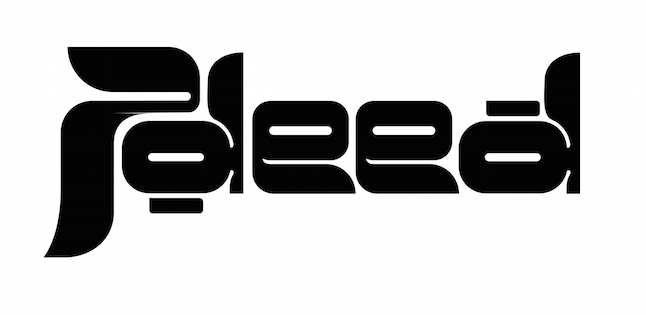
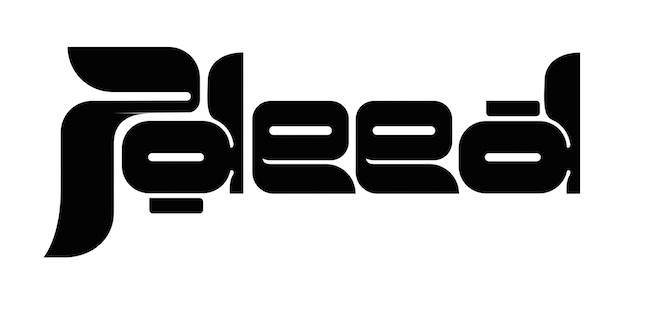
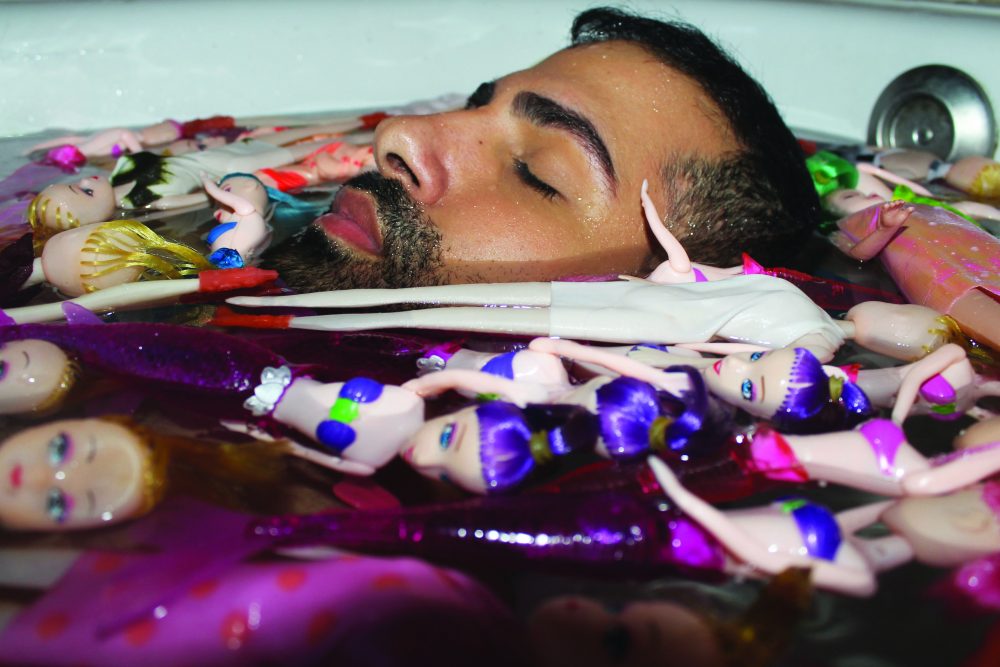


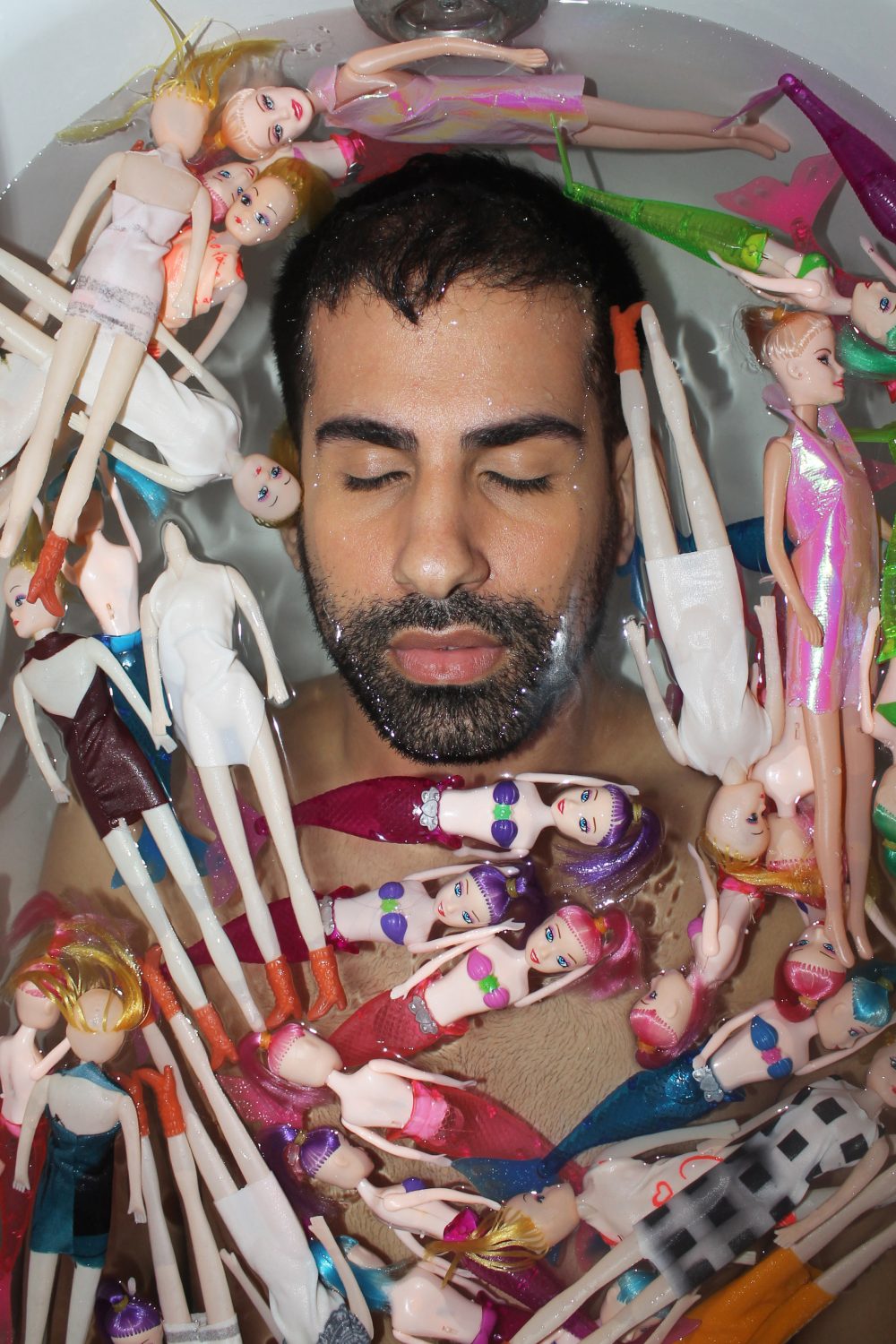




0 comments